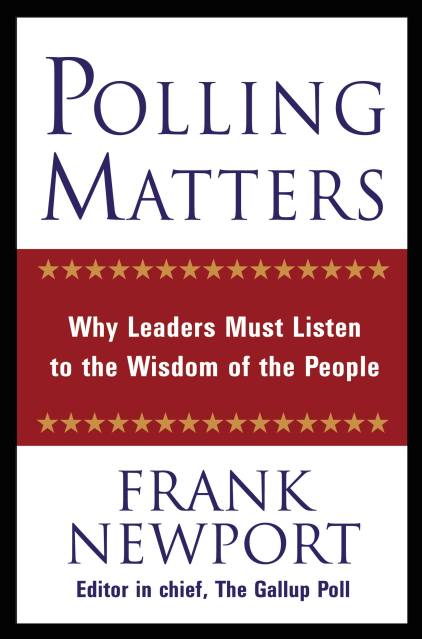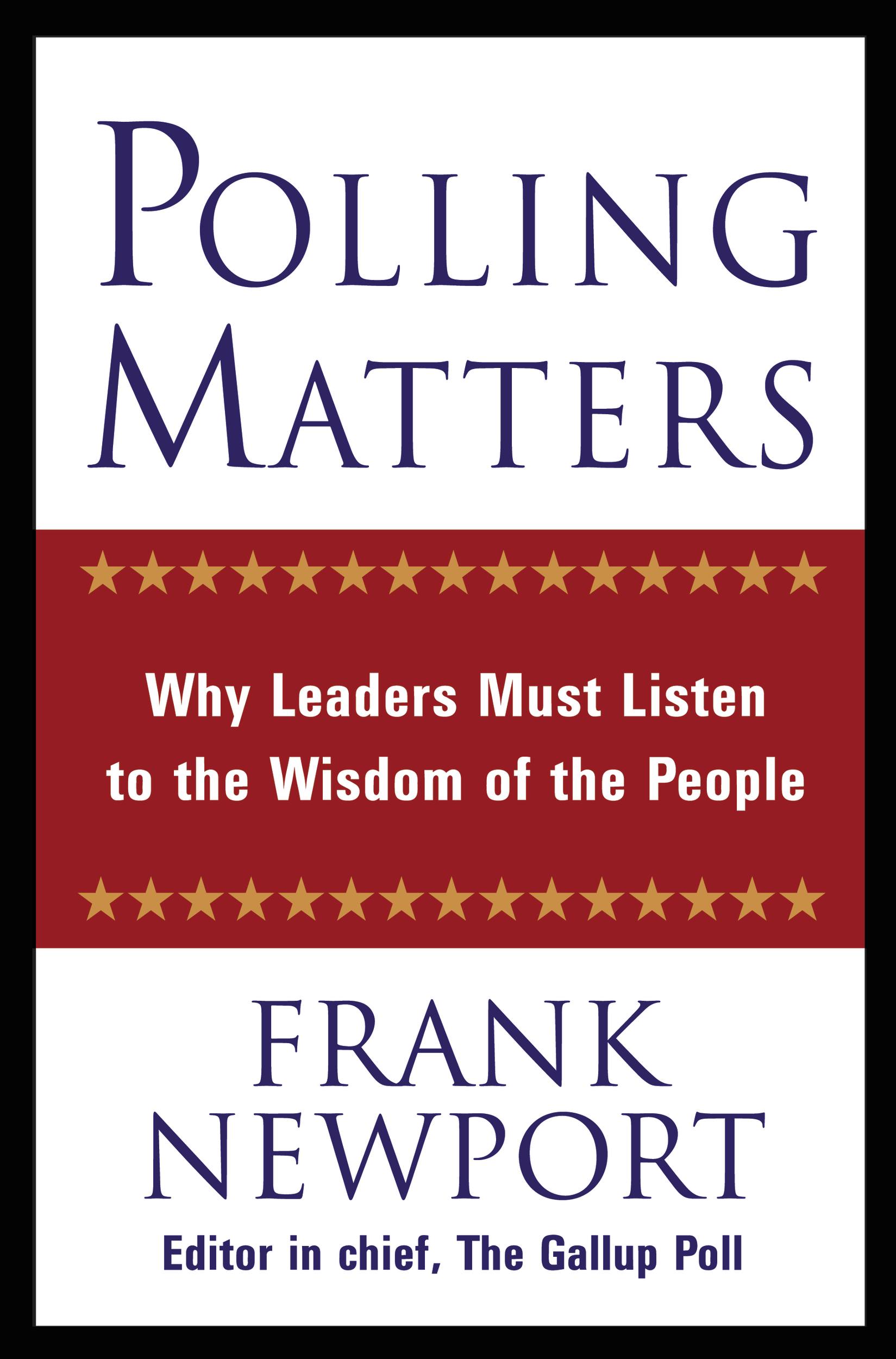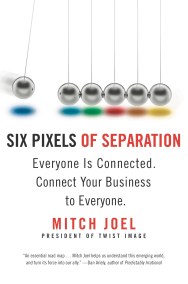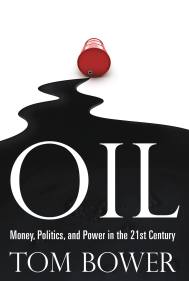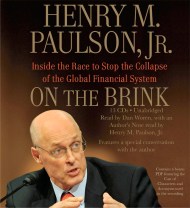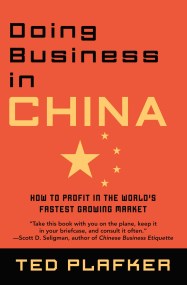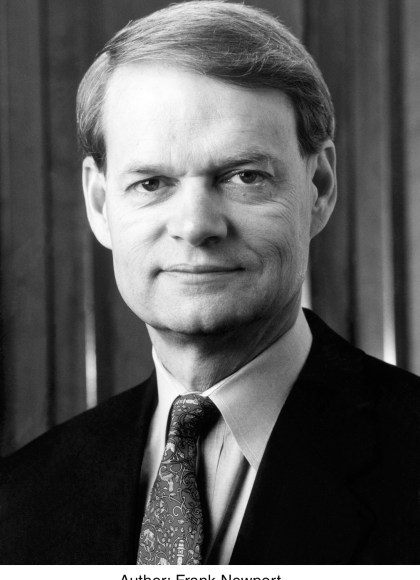By clicking “Accept,” you agree to the use of cookies and similar technologies on your device as set forth in our Cookie Policy and our Privacy Policy. Please note that certain cookies are essential for this website to function properly and do not require user consent to be deployed.
Polling Matters
Why Leaders Must Listen to the Wisdom of the People
Contributors
Formats and Prices
- On Sale
- Jul 30, 2004
- Page Count
- 320 pages
- Publisher
- Grand Central Publishing
- ISBN-13
- 9780759511767
Price
$12.99Price
$16.99 CADFormat
Format:
- ebook $12.99 $16.99 CAD
- Hardcover $37.00 $47.00 CAD
This item is a preorder. Your payment method will be charged immediately, and the product is expected to ship on or around July 30, 2004. This date is subject to change due to shipping delays beyond our control.
Buy from Other Retailers:
From The Gallup Organization-the most respected source on the subject-comes a fascinating look at the importance of measuring public opinion in modern society.
For years, public-opinion polls have been a valuable tool for gauging the positions of American citizens on a wide variety of topics. Polling applies scientific principles to understanding and anticipating the insights, emotions, and attitudes of society. Now in POLLING MATTERS: Why Leaders Must Listen to the Wisdom of the People, The Gallup Organization reveals:
- What polls really are and how they are conducted
- Why the information polls provide is so vitally important to modern society today
- How this valuable information can be used more effectively
- and more…
Newsletter Signup
By clicking ‘Sign Up,’ I acknowledge that I have read and agree to Hachette Book Group’s Privacy Policy and Terms of Use
